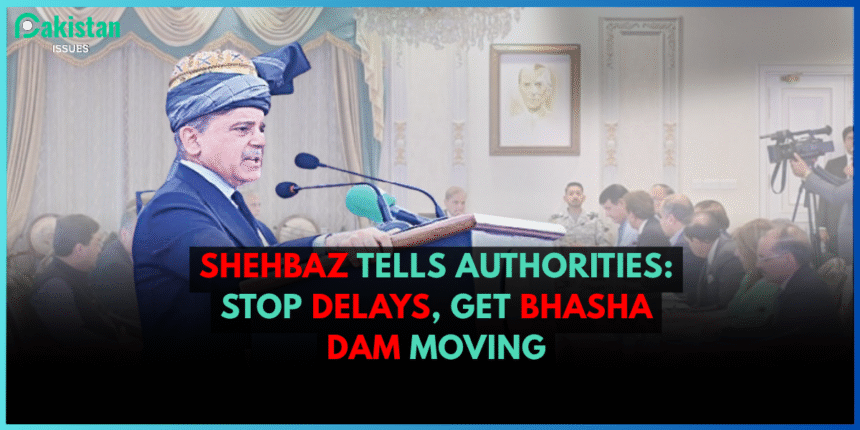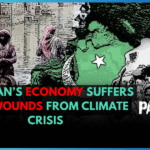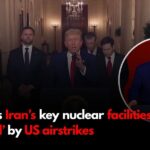Prime Minister Shehbaz Sharif, during a visit to Peshawar this week, delivered a firm message to officials and stakeholders: it’s time to break ground and make serious progress on the Diamer-Bhasha Dam. Addressing a jirga of tribal elders and local leaders, Shehbaz didn’t mince words. “This dam has been talked about for years. Now it’s time to build.”
The PM’s remarks come amid growing concern over Pakistan’s worsening water crisis. With the Indus River under increasing strain and electricity shortages continuing to hit rural and urban areas alike, large-scale infrastructure like the Bhasha Dam has gone from optional to essential.
Construction on the dam has been slow, to say the least, with land conflict, limited funds and red tape all contributing to the delays. But Shehbaz appeared to be eager to cut through it all. He asked ministries and relevant departments to go directly to the source, and comply with timelines. “No more excuses, or delays,” he said.
When built, it is expected the dam will provide 4,500 MW of power and store millions of acre-feet of water. It is not just about energy, but also irrigation, flood management, and adapting to a changing climate.
Locals living near the project site have often been left out of the conversation, but Shehbaz made it clear that this time, things would be different. He pledged jobs, compensation, and local development to those affected. “This project belongs to the people of this region too,” he said, “and they must be treated fairly.”
The jirga audience listened closely. While there’s been plenty of talk about the dam over the years, visible progress has been hard to find. People in the region have heard these promises before. What they want now is delivery.
Analysts believe the project, if fast-tracked, could bring real stability to Pakistan’s long-term water and energy outlook. The country is currently among the most water-stressed nations in the world. Climate experts have repeatedly warned that without new storage systems, the risk of droughts, crop failure, and energy blackouts will grow.
Shehbaz’s speech wasn’t just about infrastructure — it was also a political signal. With inflation high and economic pressure building, the government needs wins. And a project like Bhasha, once moving, could offer just that: jobs, energy, and a strategic boost in public confidence.
Still, critics remain cautious. Similar pledges have come and gone before. Whether this visit turns into real action — or just another headline — is something only time will tell.










